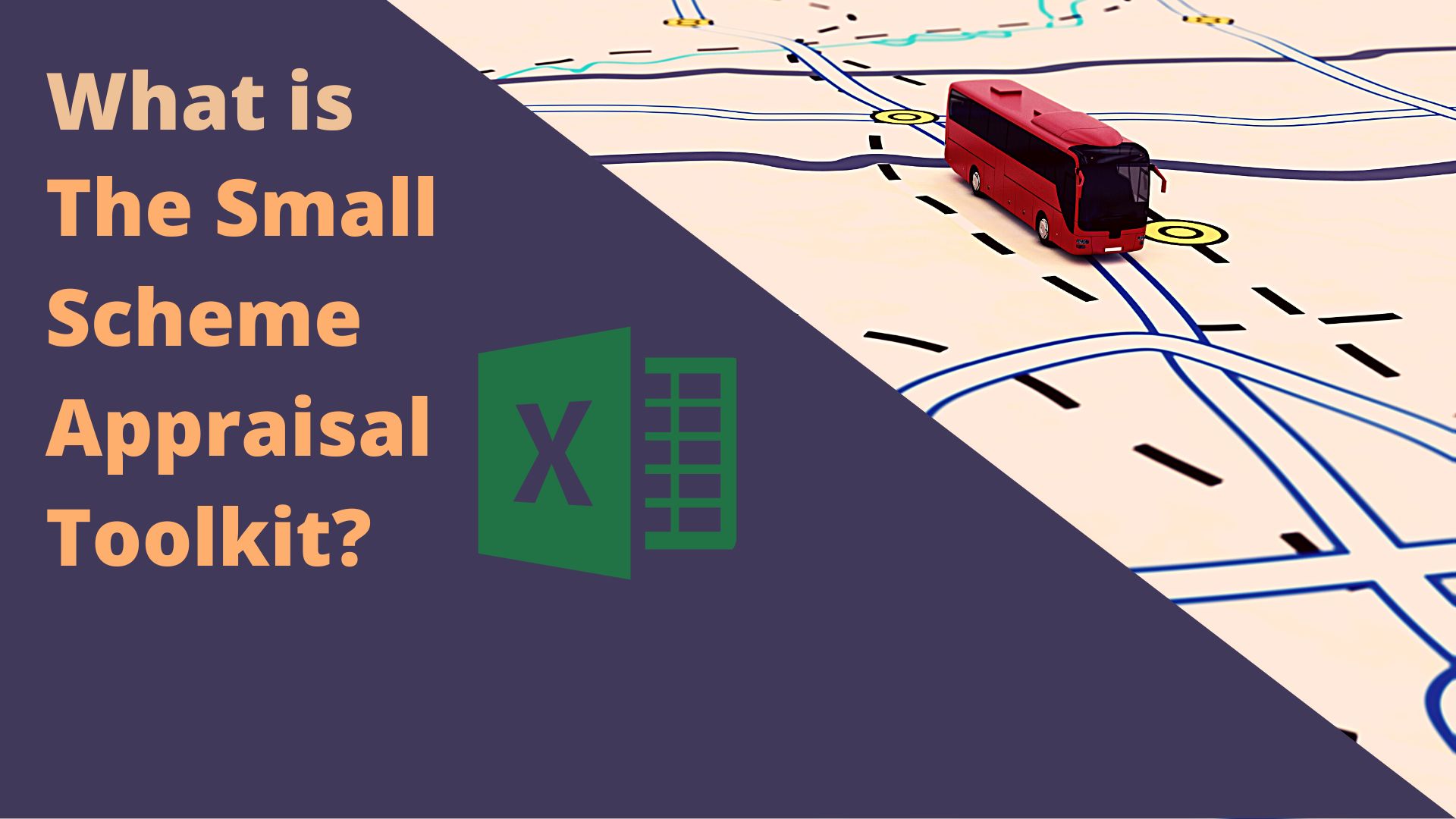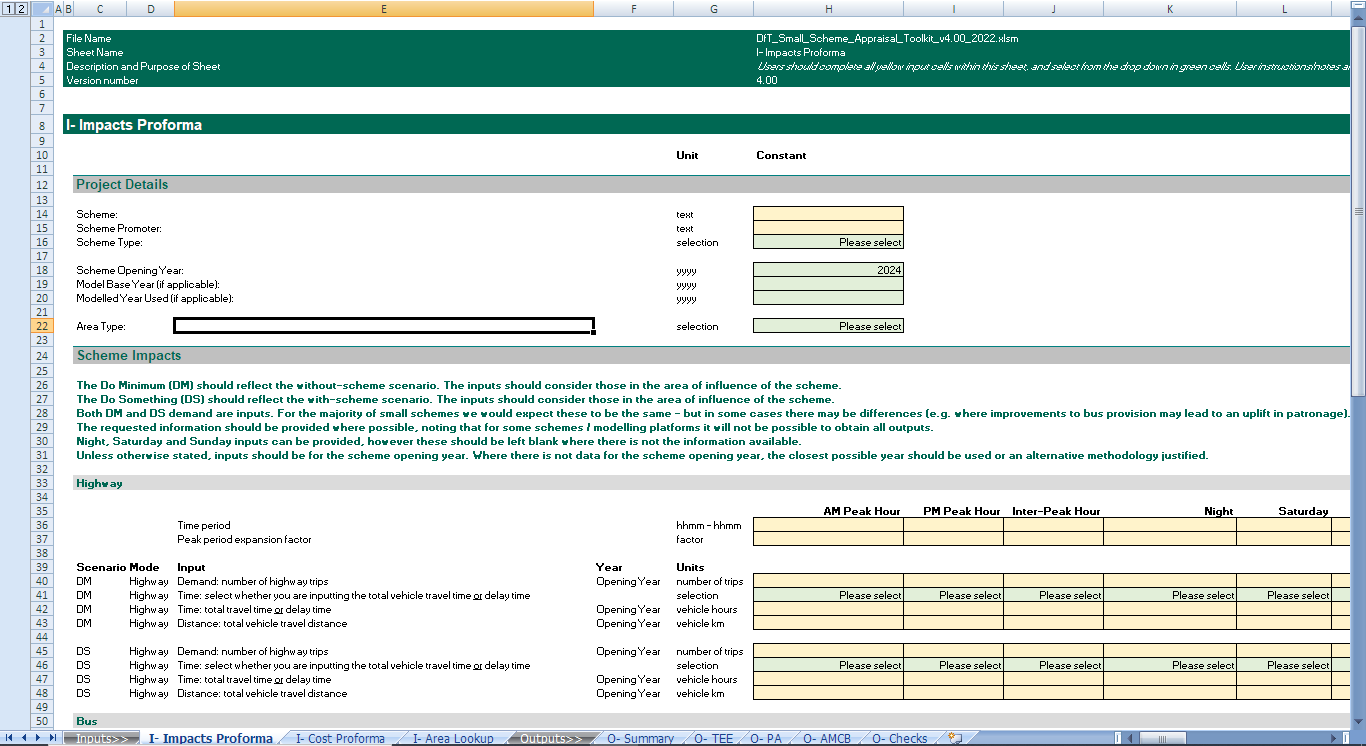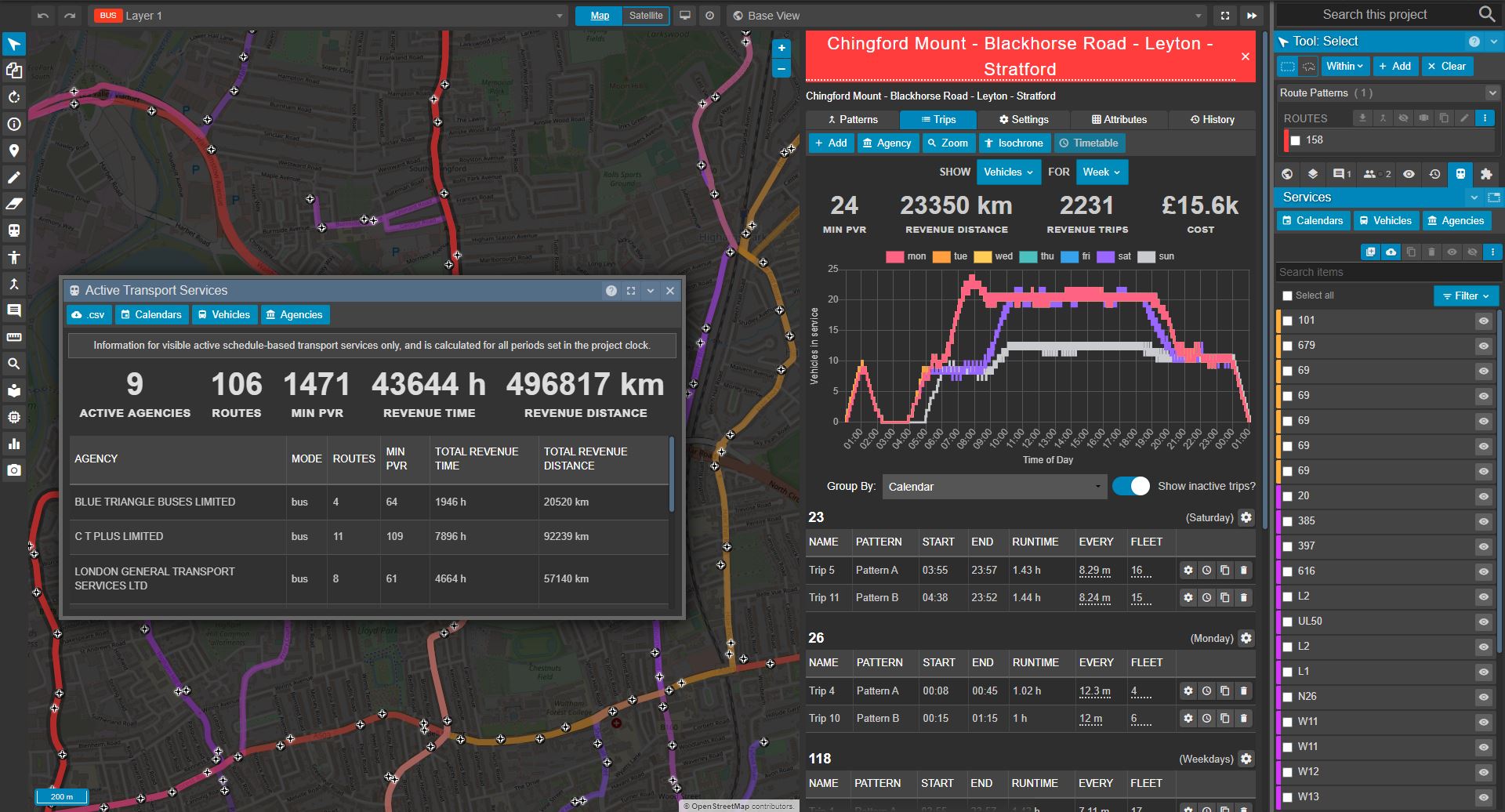
In the UK, the Levelling Up Fund is a £4.8 billion initiative, created to improve the quality of everyday life. Running until 2024/25, the fund is designed to support infrastructure improvements that will drive prosperity and narrow the economic disparity between different regions of the country.
In the recently-opened second round of funding, the government is requesting proposals for a wide range of high-impact transport investment schemes, focusing on small to medium-sized initiatives.
For public transport, the fund's prospectus offers a variety of suitable projects, such as bus priority lanes, enhanced facilities (e.g. bus stops and stations) and multi-modal interventions.
To provide an economic case for the “impacts, benefits and costs, overall value for money, and associated risks and uncertainties”, the funding guidance recommends providing supporting evidence in the form of outputs generated by their Small Scheme Appraisal Toolkit.
The toolkit (available as a macro-enabled Excel workbook) is intended to “provide a proportionate method to monetise the impacts of small highway and bus improvement schemes,” and generate estimates of the:
- Present value of benefits (PVB)
- Present value of costs (PVC)
- Benefit cost ratio (BCR)

This toolkit is designed only to be used where there is likely to be limited routing or variable demand impacts and can produce monetised assessments for a variety of impacts including greenhouse gases, noise, highway vehicle operating costs, etc… For those planning bus interventions, assessment of the impact of bus journey times and journey quality are possible.
Inputs (taken from both ‘do-minimum’ and ‘do-something’ scenarios) can be based on either modelled or observed data. For bus related interventions, these may include factors such as:
- Bus demand - the number of trips undertaken in the area of influence of the scheme in the specified time period (normally an hour) in the opening year.
- Bus travel time - the total travel time in the same area/time period.
- Bus quality measures - estimated daily passengers experiencing the benefit of stated bus quality improvement measures.
A rapid solution for modelling and appraisal

Podaris allows planners to rapidly explore the effects of multi-modal network and service changes and generate the required inputs for the toolkit. Podaris instantly recalculates travel-times when routes are modified, meaning that planners can rapidly iterate scenarios, quickly amending values within the toolkit to explore a scheme's costs and benefits.
To see how Podaris can integrate into the toolkit and help you to rapidly explore the effects of infrastructure and service schedule changes on a platform that's designed for simple, powerful and collaborative planning, reach out and schedule a demo today!
The toolkit, with accompanying guidance and a comprehensive breakdown of its inputs, outputs and appraisal methodologies, can be downloaded here